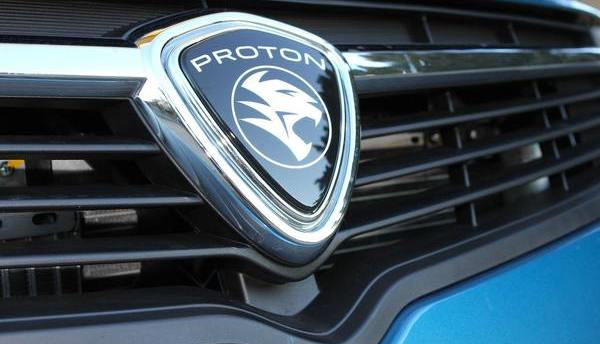Yup you are very write , The Chinese press wants to sell newspapers and
you are a perfect candidate as MIC President
The Indians already robbed blind and got shaft time and time again,
knows very well to stay away from Ali Baba and his gang.
The Indians have already thrown their lot with PKR and DAP.
All are just waiting when MIC finally breathes last and heard it will
be very soon.
Chinese dailies
supporting me, Tamil dailies are spinning issues – Dr. Subra
Kuala Lumpur – “I get more support from Chinese dailies
compared to Tamil dailies. They write more truth, cover most of my initiatives
and Tamil paper reports are largely based on their whims and fantasies,” said
MIC President and Health Minister, Datuk Seri Dr. S. Subramaniam.
He said this during his
speech after inaugurating new building at Sekolah Rendah Tamil Bangi Lama
yesterday.
“I have more support
from the Chinese community.”
“We (MIC) are in a fix.
Despite carrying out many beneficial programs for the community it is not
getting enough coverage in the Tamil papers.”
This guy also do not trust you or your
MIC. He blames you for stealing his bananas because his friends told his that
MIC also stole his bananas which was given to him thru MIC. Yes why must be you
also look like me.




































